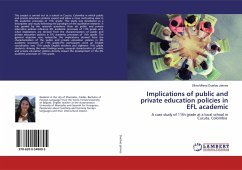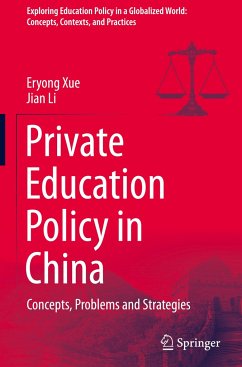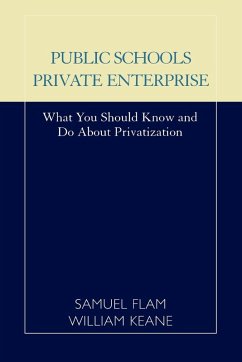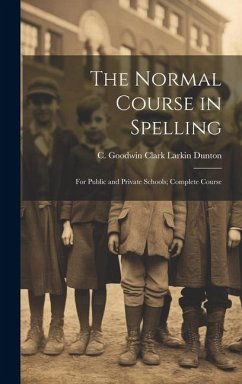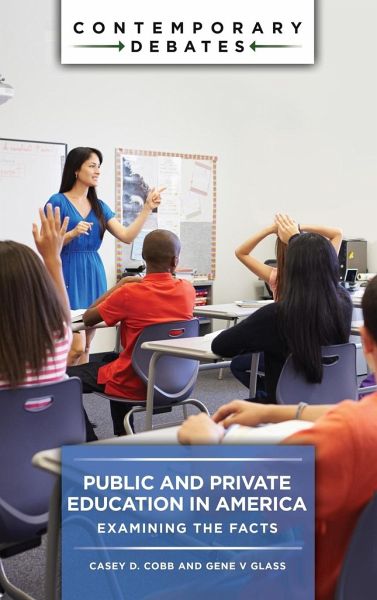
Public and Private Education in America
Examining the Facts
Versandkostenfrei!
Versandfertig in 1-2 Wochen
65,99 €
inkl. MwSt.

PAYBACK Punkte
33 °P sammeln!
This title will give students and other readers a clear understanding of the true state of public and private education systems in the United States by refuting falsehoods, misunderstandings, and exaggerations-and confirming the validity of other assertions. This work is part of a series that uses evidence-based documentation to examine the veracity of claims and beliefs about high-profile issues in American culture and politics. Each book in the Contemporary Debates series is intended to puncture rather than perpetuate myths that diminish our understanding of important policies and positions;...
This title will give students and other readers a clear understanding of the true state of public and private education systems in the United States by refuting falsehoods, misunderstandings, and exaggerations-and confirming the validity of other assertions. This work is part of a series that uses evidence-based documentation to examine the veracity of claims and beliefs about high-profile issues in American culture and politics. Each book in the Contemporary Debates series is intended to puncture rather than perpetuate myths that diminish our understanding of important policies and positions; to provide needed context for misleading statements and claims; and to confirm the factual accuracy of other assertions. This particular volume examines beliefs, claims, and myths about public and private K-12 education in the United States. Issues covered include categories of public and private schools and variations in academic performance and socioeconomic status therein; controversies surrounding school choice, including school vouchers and charter schools; accountability and assessment of private and public schools; debates about school environment, safety, and curricula; and teacher and administrator quality. All of these issues are examined in individualized entries, with objective responses grounded in up-to-date evidence.




